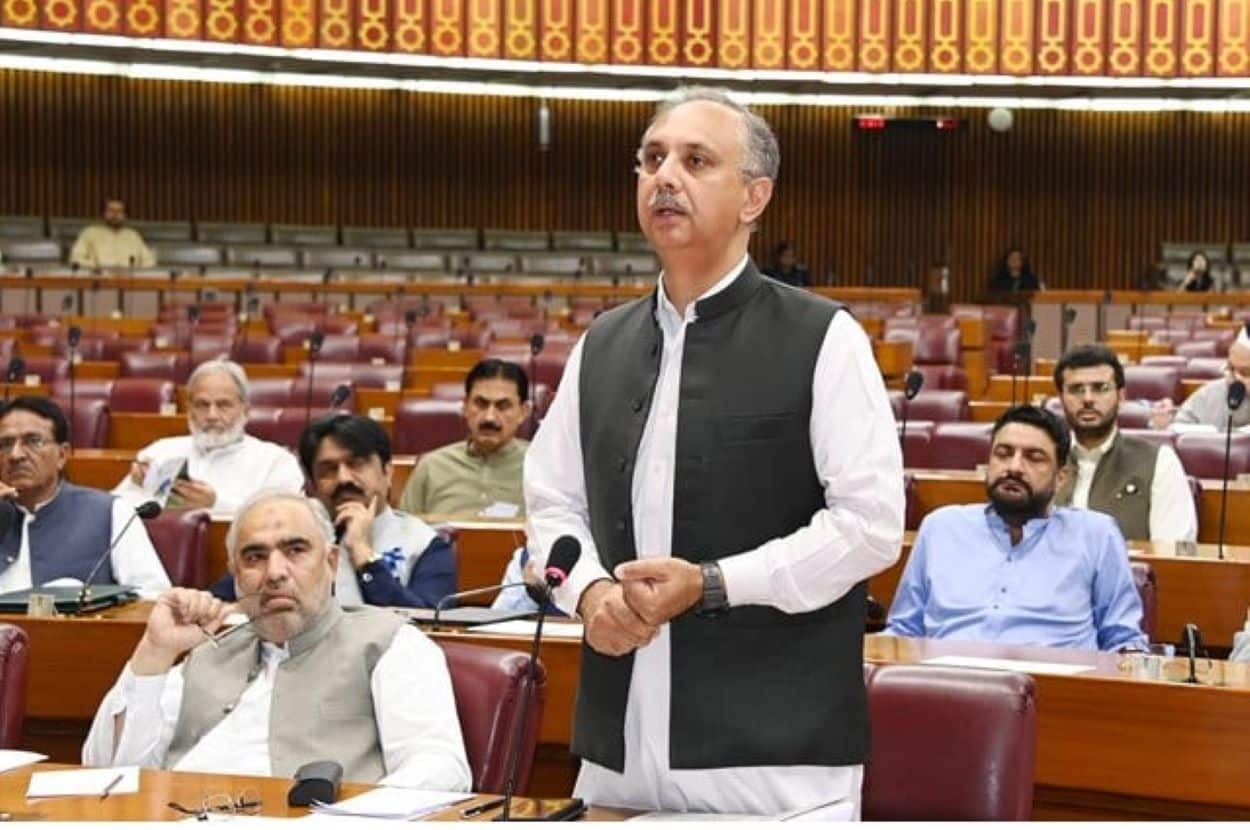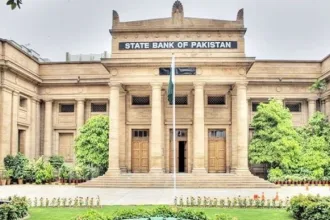On August 9, 2025, an Anti-Terrorism Court (ATC) in Lahore, presided over by Judge Manzar Ali Gul, dismissed the interim bail petitions filed by Pakistan Tehreek-e-Insaf (PTI) leader Omar Ayub in three cases related to the riots that occurred on May 9, 2023.
The court cited Ayub’s absence from the proceedings as the reason for the dismissal. These cases involve attacks on significant state and military properties, including Jinnah House and Askari Tower. Additionally, Ayub’s request for a one-day exemption was denied, which resulted in the cancellation of his bail.
The riots on May 9 began following the arrest of Imran Khan, the founder of the Pakistan Tehreek-e-Insaf (PTI) party, leading to violent clashes across the country. Ayub, who previously served as the Leader of the Opposition in the National Assembly, is facing charges under anti-terrorism laws for his involvement in attacks on public and military infrastructure. Last month, a special court in Faisalabad sentenced Ayub and 107 other PTI leaders, including Shibli Faraz and Zartaj Gul, to prison terms of up to 10 years for related offences.
Read: ATC Sentences PTI Omar Ayub, Shibli Faraz, Zartaj Gul to 10 Years in May 9 Riots Case
On August 8, the National Assembly removed Ayub as Leader of the Opposition, Zartaj Gul as Parliamentary Leader, and Ahmad Chattha as Deputy Parliamentary Leader due to the disqualification of several PTI lawmakers. These convictions and dismissals are part of the state’s crackdown on PTI leaders involved in the riots, with a total of 185 individuals charged.
The bail dismissal coincides with heightened security measures, including the killing of 14 terrorists in a sanitisation operation near the Afghan border. The legal actions against PTI leaders signal intensified scrutiny of the party amid Pakistan’s efforts to maintain order and combat unrest.
The dismissal of Ayub’s bail underscores the legal consequences facing PTI leaders for the May 9 violence, impacting the party’s political standing. It highlights tensions between the state and PTI, with broader implications for Pakistan’s political landscape.






